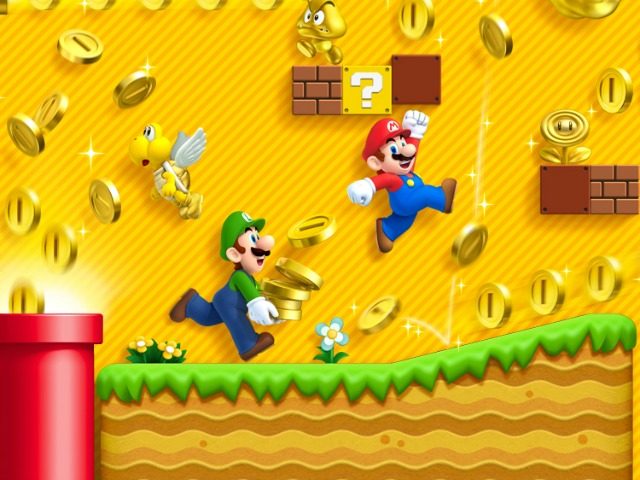SuperData Research has broken down the numbers on a chaotic year for the gaming industry that has nevertheless proved indefatigable to the world’s fastest growing entertainment medium.
Gaming brought in $91 billion over the course of 2016, $41 billion of which was due to the continued surge of mobile gaming. While the core market continues to scoff at what is generally considered a “casual” market, the Pokemon Go phenomenon and the burgeoning competitive Clash Royale scene has proved the most valuable injection of cash that gaming at large has ever seen. In response, the mobile gaming space has continued to mature into a viable platform for bigger titles, driven by higher production values and increased marketing investments.
But it’s not just mobile titles that have drawn a significant benefit from an increasingly digital marketplace. Console gamers pushed $6.6 billion in direct download revenue, exchanging “brick-and-mortar” outlets for the convenience of services like PSN and Xbox Live. Though GameStop and similar locations have suffered the brunt of this shift toward entirely virtual goods, it represents a much higher profit margin for publishers and developers alike. Additionally, the increased connectivity represents an ever-widening market for post-purchase downloadable content.
The PC market is flourishing, and bigger than it’s ever been. League of Legends and Overwatch have led the way toward a whopping $34 billion — eclipsing every console combined, and second only to the mobile gaming behemoth. Major advances in graphics hardware have seen performance increases of up to 40%, while power consumption decreased by roughly 20%.
One of the central themes of 2016 has been an increased focus on eSports events. While comparatively small, the $892 million generated by professional competitive gaming represents massive potential gains for companies scrambling to get in on the ground floor. ESPN and Disney are just two of a long list of companies making significant investments in the future of virtual competition.
The only bad news comes from the virtual reality market. Prohibitively expensive hardware, lackluster software, and retail difficulties have combined to dissuade consumers from early adoption of the technology. Oculus has struggled more than anyone, but the experience of companies like Sony and HTC have yet to hit their stride. 2017 will be a year of vicious competition for the infant market.
And that’s the year. Despite — or perhaps because of — massive social, political, and economic upheaval, electronic escapism has never been more profitable. And the stage is set for 2017 to be even bigger, with mid-generation console hardware, price decreases on dramatic performance improvements for PC gamers, and mass eSports broadcasting becoming the new norm. One thing’s for certain: Gaming has moved from the basement to the town square, and it’s only gaining momentum.
Follow Nate Church @Get2Church on Twitter for the latest news in gaming and technology, and snarky opinions on both.

COMMENTS
Please let us know if you're having issues with commenting.